Paper making profession of Nung people in Cao Bang
In Cao Bang, the traditional craft of making paper is still preserved in many communes such as Doai Duong and Truong Ha (before merging with Trung Khanh and Ha Quang districts). For them, this is not only a livelihood, but also a source of pride, a deeply attached part of the cultural and spiritual life of the community.
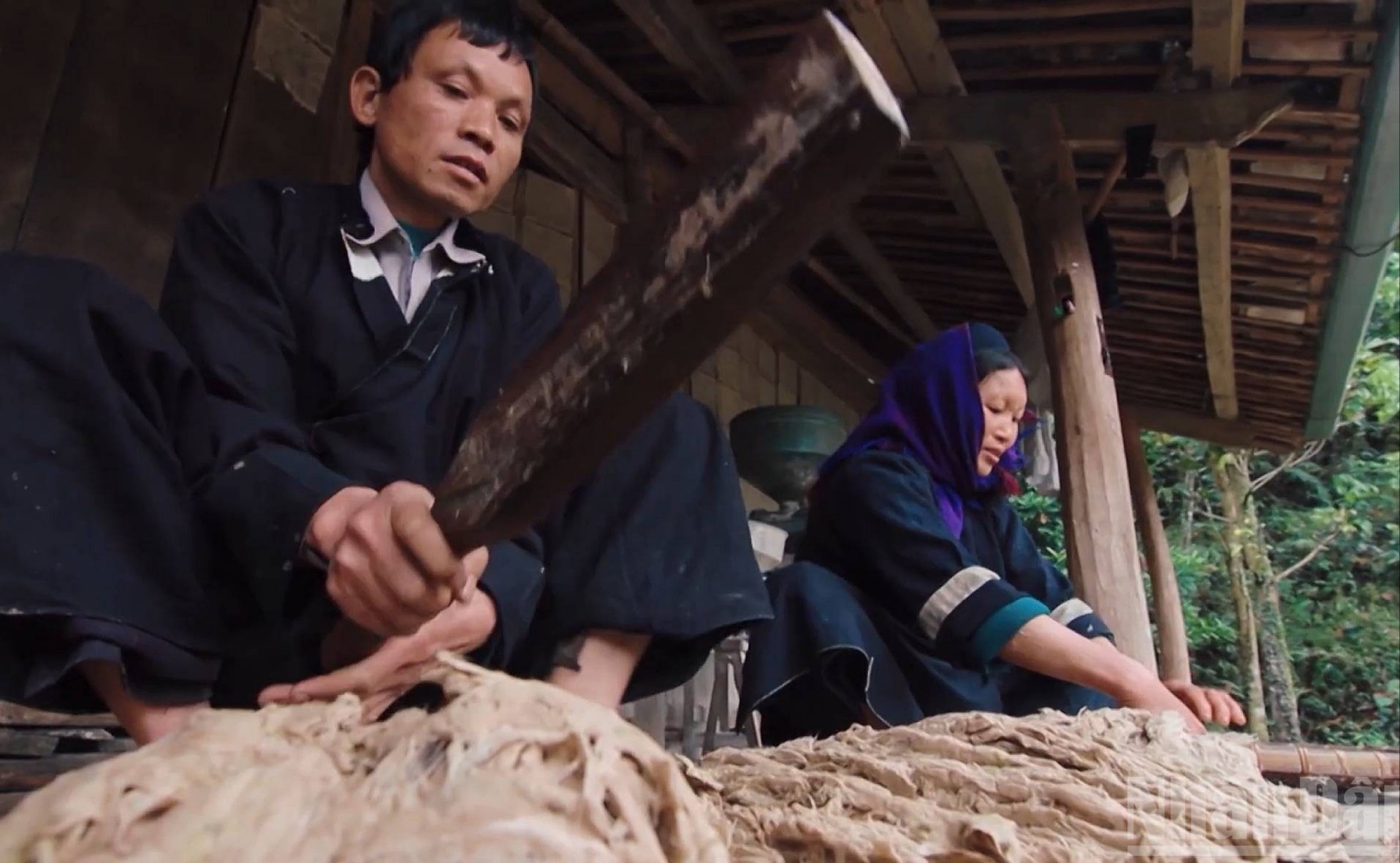
After each harvest season, the women begin their papermaking work. The papermaking process involves many steps, requiring patience and meticulousness: The bark is stripped, soaked in lime for about 12 hours to soften and remove impurities. It is then washed, boiled thoroughly for three hours, soaked for two more days, and then crushed to create a fine pulp mixture. In the final step, the pulp is put into a water tank, stirred to create a consistency before coating the paper.
The special feature of the Nung people's papermaking profession is the important role of women in the paper coating process. They use a wooden mold dipped in a water tank, shake it well, then lift the mold firmly so that the paper water is evenly distributed, creating a wet sheet of paper.
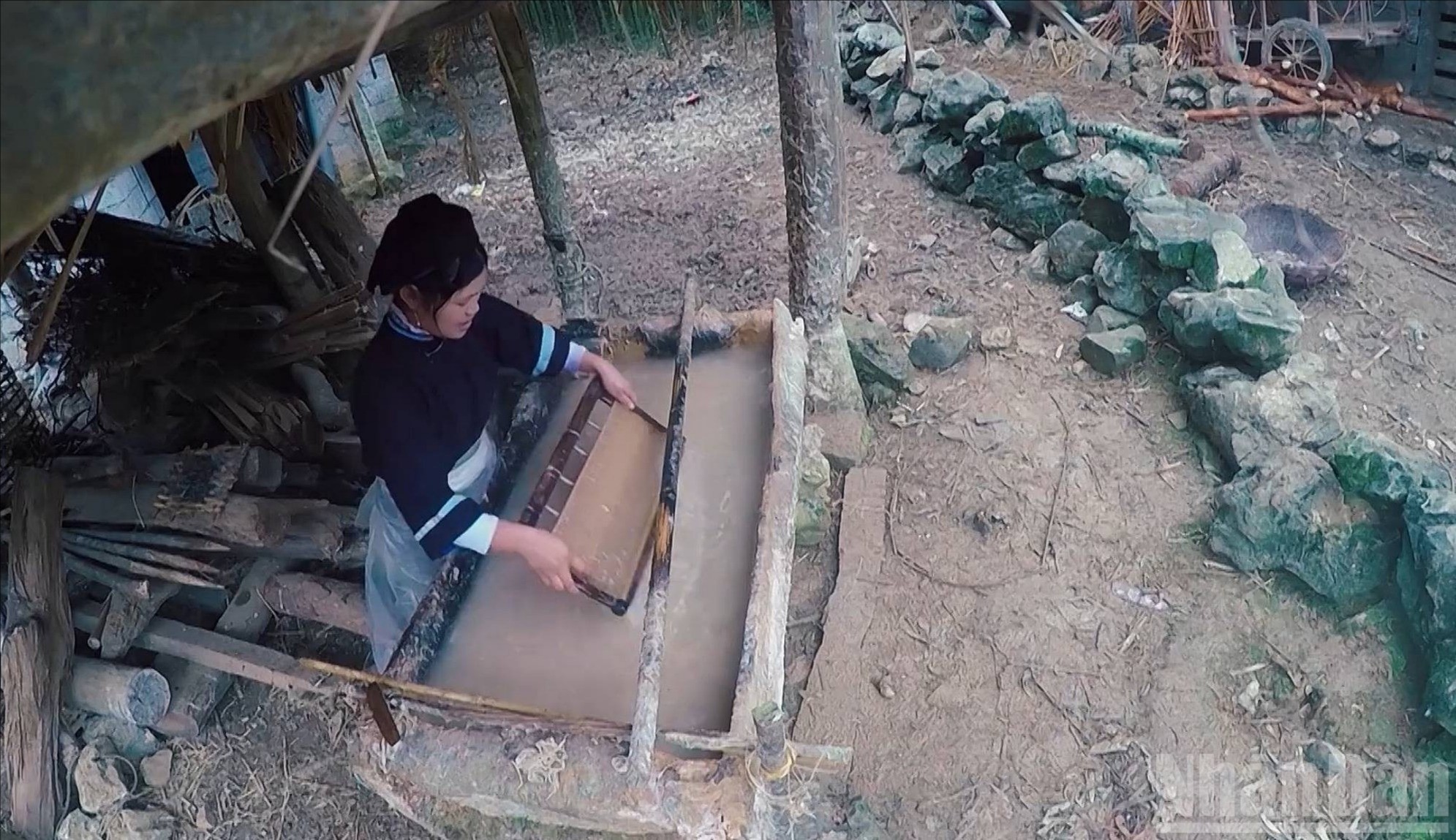
The paper is then pasted onto wooden walls in the house to dry. If the weather is sunny or windy, the paper will dry in just one hour. But if the weather is humid, it can take up to three days to collect.
Ms. Ly Thi Ngoc, who has been in the profession for nearly 40 years in Truong Ha commune (before the merger, Truong Ha commune, Ha Quang district), said:
“Since I was little, I saw my grandparents and parents making it. When I grew up, I learned from them and have been doing it ever since. The Nung and Tay people use this paper for festivals, writing, making votive paper... Depending on the purpose, the paper can be made thick or thin.”
Paper making of Dao people in Tuyen Quang
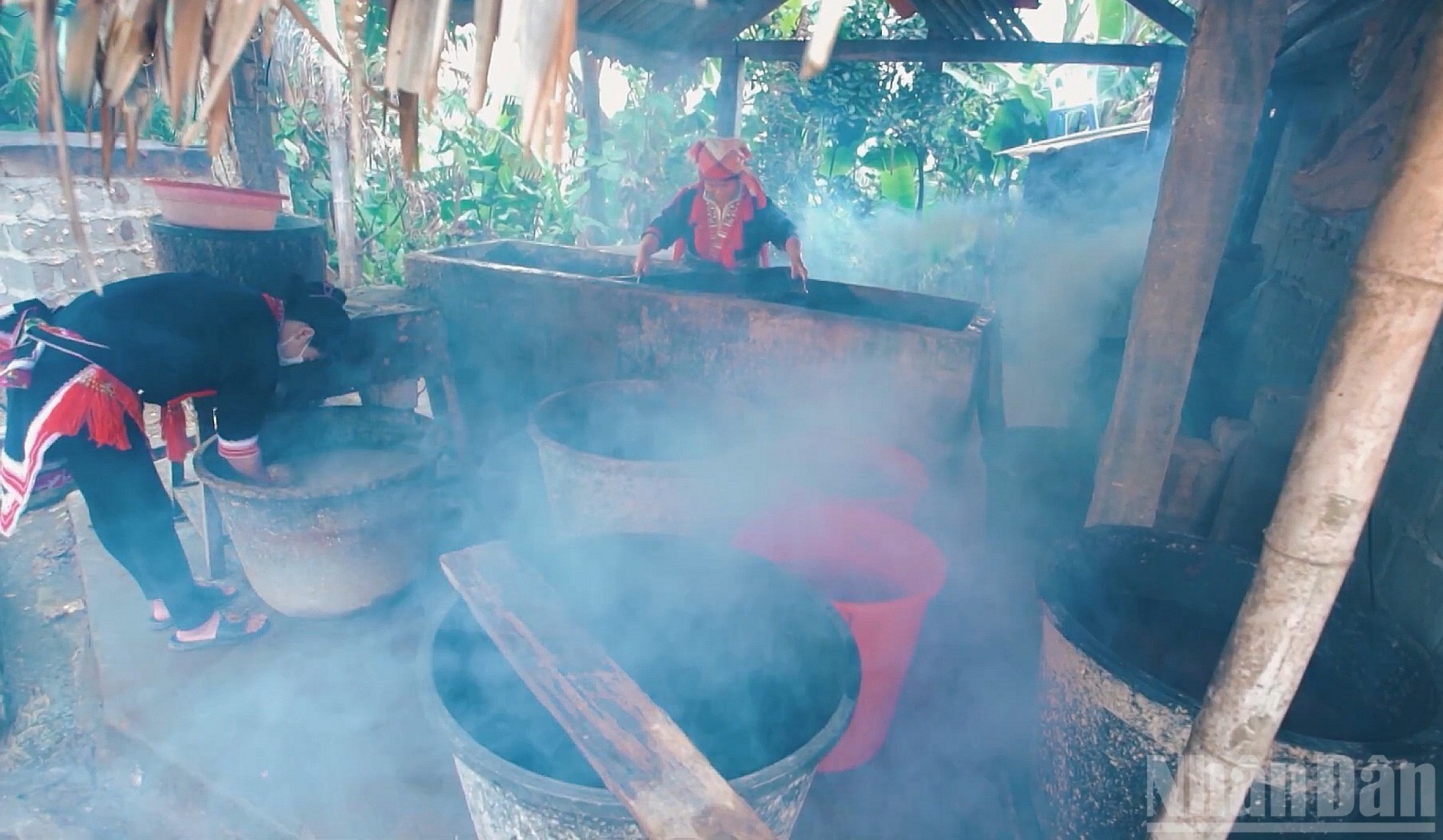
Similar to the Nung people, the paper making profession in Bac Quang commune, Tuyen Quang province (before the merger of Viet Quang town, Bac Quang district, Ha Giang province) is also a long-standing traditional profession, closely associated with cultural and spiritual life.
The Dao people still maintain the traditional paper-making process passed down by their ancestors. The raw material for making paper is a special climbing plant, all from nature. The paper is used in festivals and religious occasions such as the coming-of-age ceremony, ancestor worship...
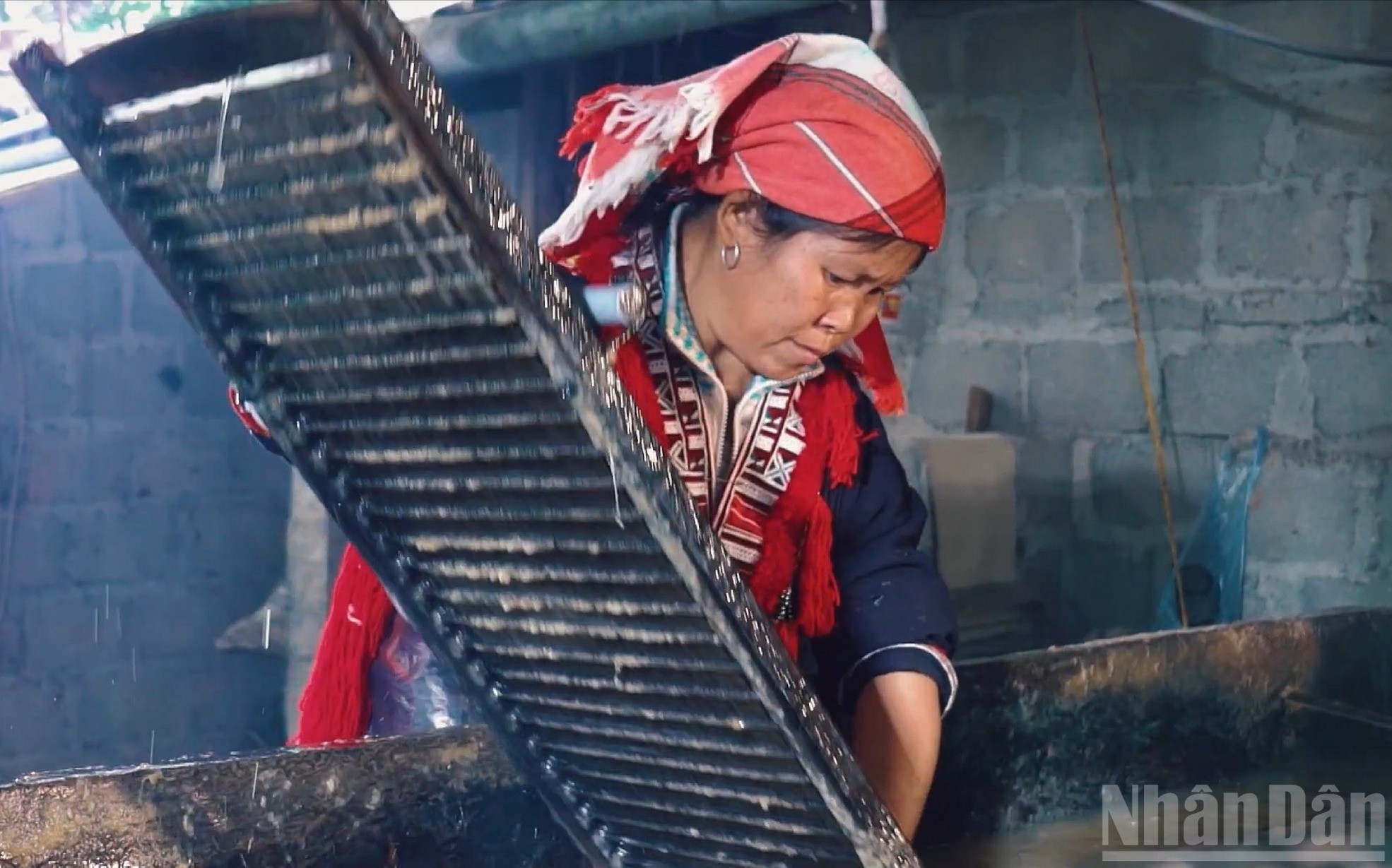
Today, many households here are still attached to the paper making profession, especially after the harvest season, when people can devote their time to traditional work. Ms. Ly Thi Hong, who has been in the profession for over 30 years, shared:
“It was difficult when I first learned how to do it, I didn’t know how to mix the resin. Then the sisters showed me and I got the hang of it. The resin had to be mixed evenly, and I could see if it was enough by looking at the paper. When I finished, I peeled off each sheet one by one.”
The paper used in ceremonies not only needs to be beautiful but also must be properly cut: cut into small pieces, stamped with a red seal, otherwise "the elders will not accept it," Ms. Hong added.
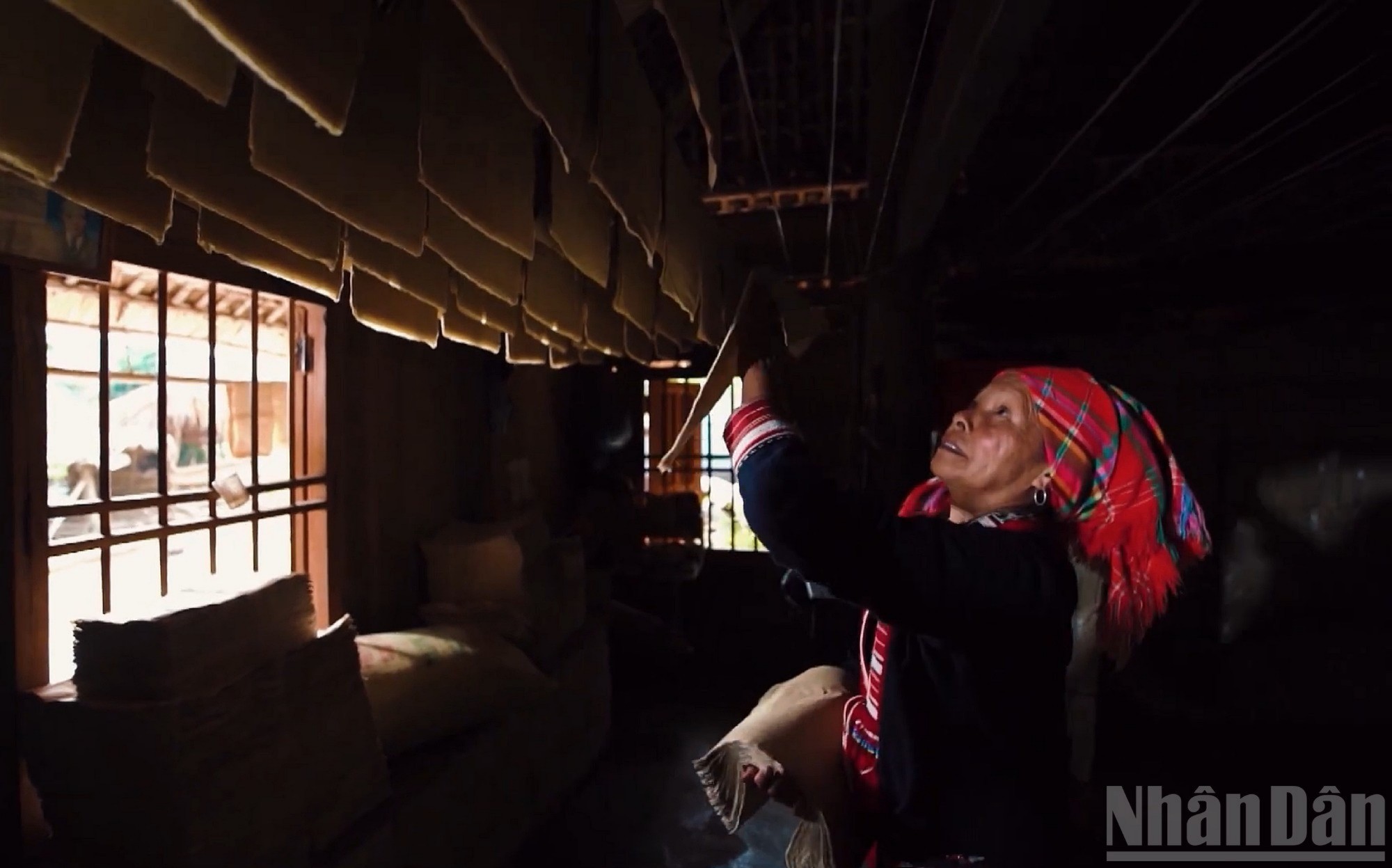
Not only do they keep their craft, Bac Quang people are also supported by the local government to develop their paper products as an experiential tourism product. They are guided to display and promote through the media, even aiming towards digitalization and e-commerce platforms.
Paper – an enduring symbol of memory and identity
Despite many changes, the Nung and Dao people’s papermaking craft is still preserved as a link between the past and the present. Each sheet of paper is not only a handicraft item but also a place to convey knowledge, beliefs and community sentiments.
From their skillful hands, the craftsmen not only pass on their craft but also their passion, their love for the craft, their love for the culture, and their village. From there, traditional values are not only preserved but also spread, continued, and created the lasting identity of the ethnic groups in the highlands - simple, profound, but full of pride.
Source: https://baolaocai.vn/giay-ban-mach-noi-ky-uc-vung-cao-post649150.html




![[Photo] Politburo works with the Standing Committee of Lai Chau Provincial Party Committee](https://vphoto.vietnam.vn/thumb/1200x675/vietnam/resource/IMAGE/2025/9/4/f69437b9ec3b4b0089a8d789d9749b44)
![[Photo] Prime Minister hands over decisions on receiving, transferring and appointing leaders of ministries and agencies](https://vphoto.vietnam.vn/thumb/1200x675/vietnam/resource/IMAGE/2025/9/4/b2445ecfd89c48bdb3fafb13cde72cbb)
![[Photo] Politburo works with the Standing Committee of Can Tho City Party Committee](https://vphoto.vietnam.vn/thumb/1200x675/vietnam/resource/IMAGE/2025/9/4/10461762301c435d8649f6f3bb07327e)




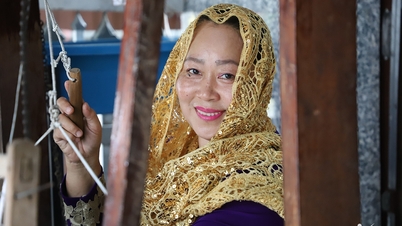



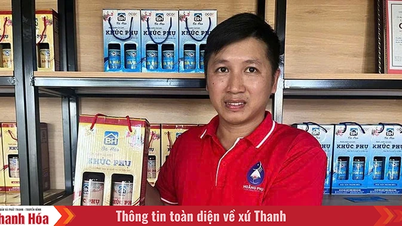

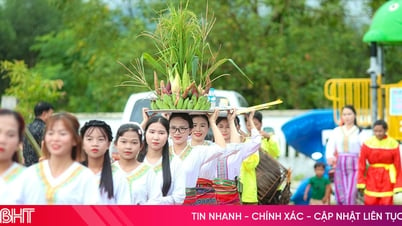

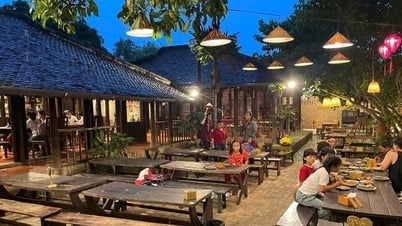

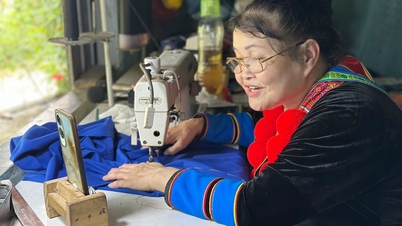





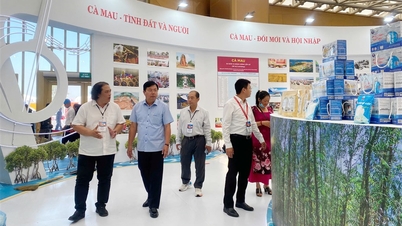





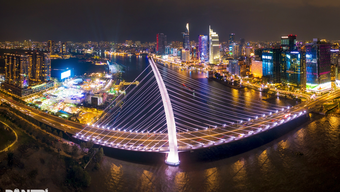



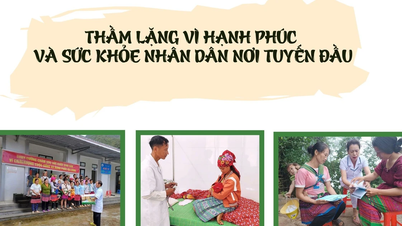
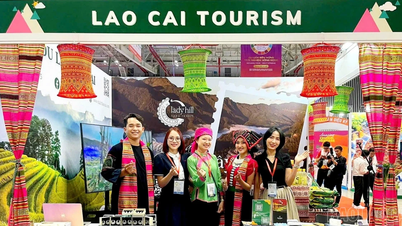
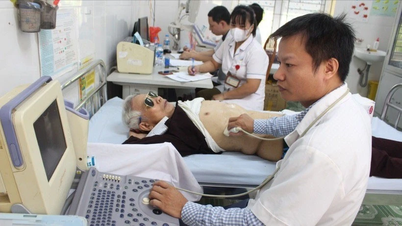
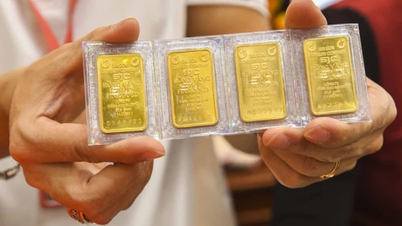
![[Photo] Politburo works with the Standing Committee of the Party Committee of the Fatherland Front and Central organizations](https://vphoto.vietnam.vn/thumb/1200x675/vietnam/resource/IMAGE/2025/9/4/6f23e5c0f576484bb02b3aad08f9d26a)
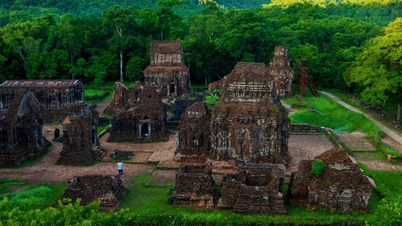



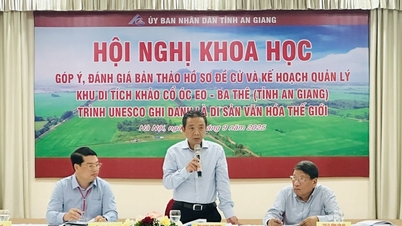
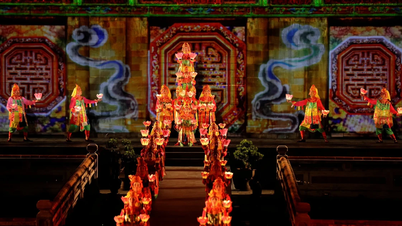



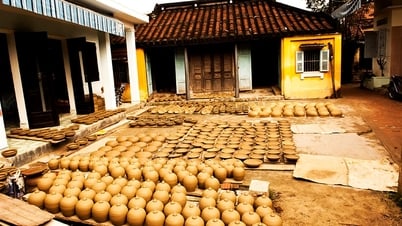


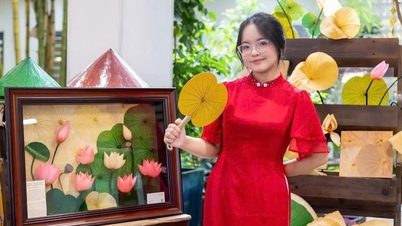

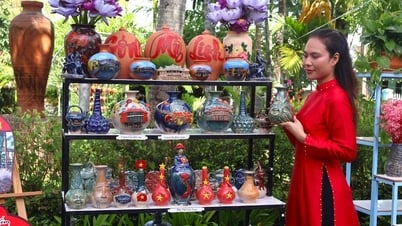












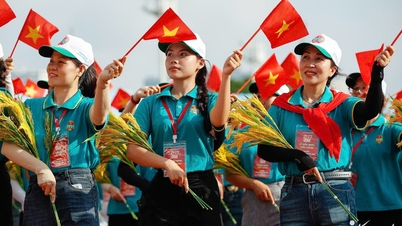
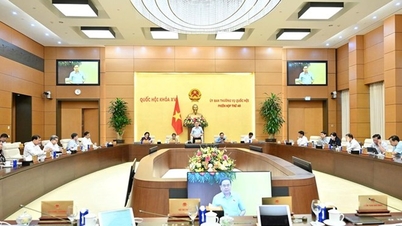









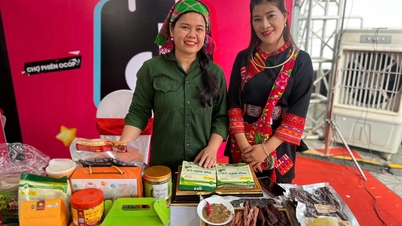



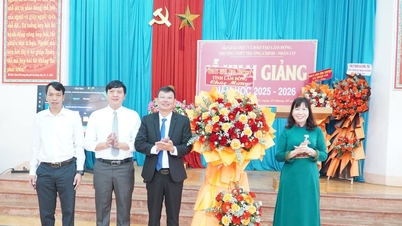

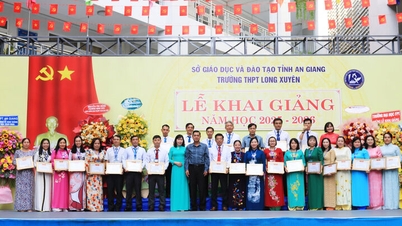










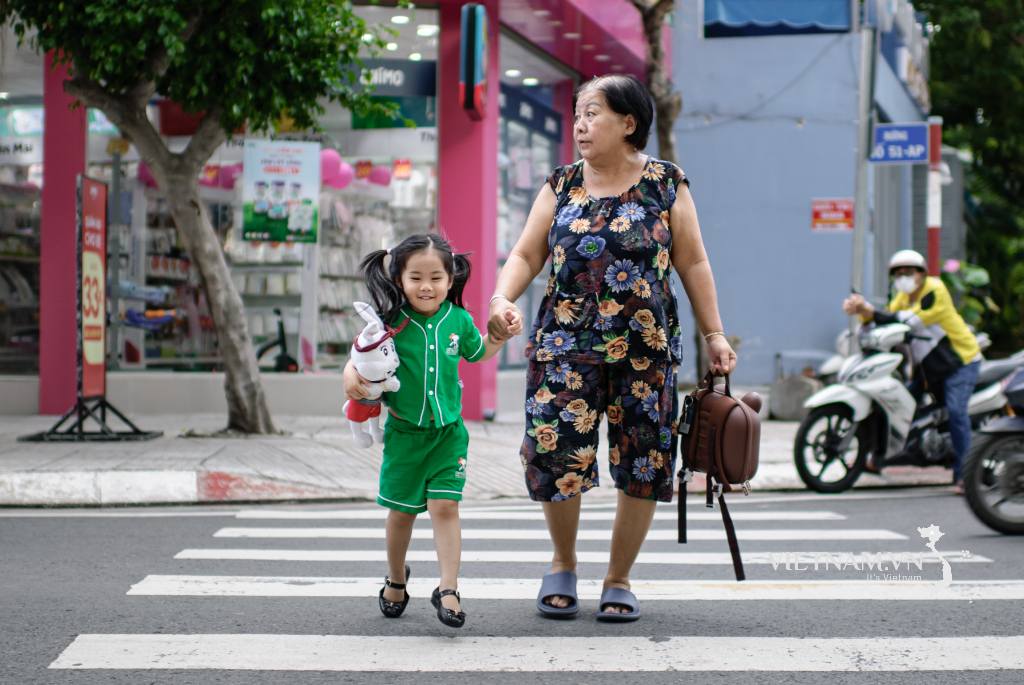
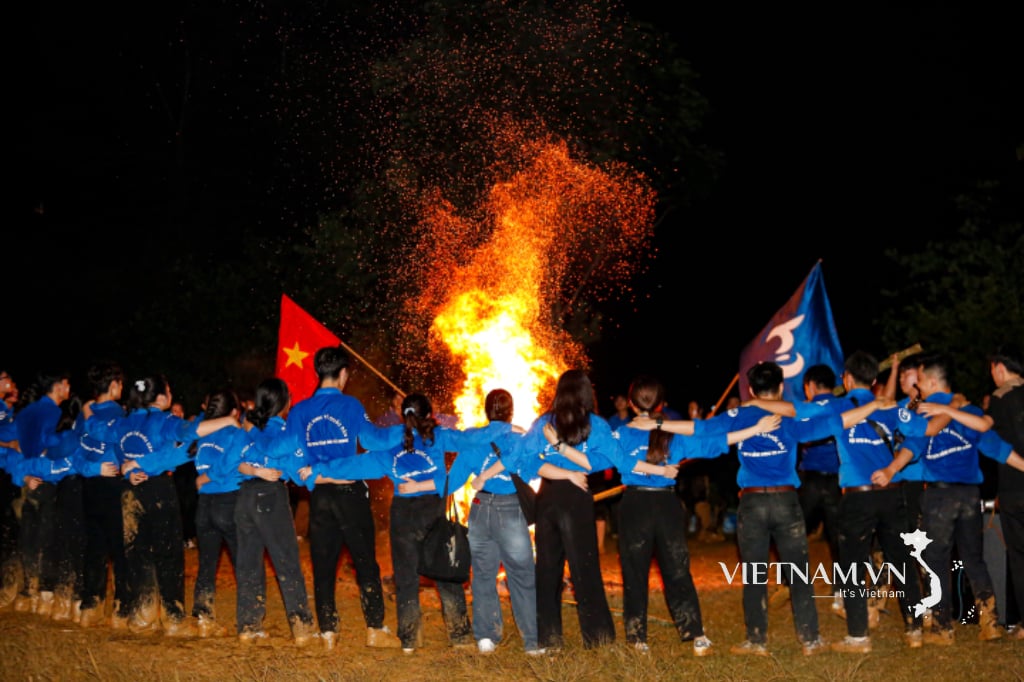


Comment (0)